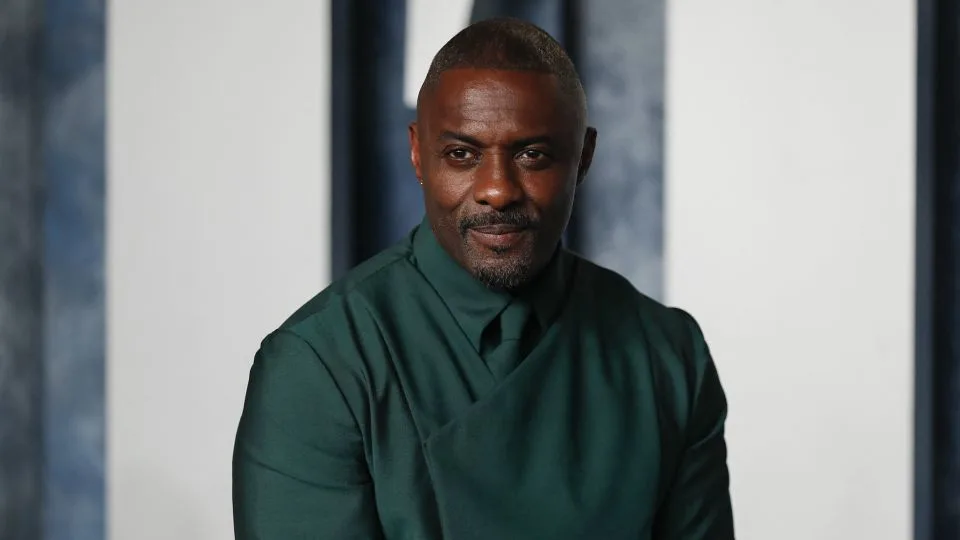Idris Elba has conquered Hollywood with iconic roles in “The Wire” and “Luther,” but now he’s shifting his focus to a new stage—one that’s 10,000 miles away. The London-born actor, whose parents are from Sierra Leone and Ghana, is on a mission to transform the entertainment industry in Africa.
Elba aims to build film studios across the continent, starting in Zanzibar, Tanzania, renowned for its white sand beaches. His vision took root last year during a meeting with Tanzanian President Samia Suluhu Hassan at the World Economic Forum in Davos. This led to plans for the first studio in Zanzibar, which Elba believes could serve as a foundation for a global entertainment hub.
In August, the Zanzibar government promised him nearly 200 acres to begin construction. “Idris Elba will be building a modern studio similar to Hollywood, Nollywood, or Bollywood,” announced Zanzibar’s Minister for Investment, Shariff Ali Shariff, who even joked about naming the industry “Zallywood” or “Zawood.”

Elba’s project extends beyond film; he believes Africa’s creative sector is underrepresented globally. “Much of the imagery about Africa isn’t generated from Africa,” he noted. “A lot of media centers around negative depictions. But the median age in Africa is 19; these young people are optimistic and deserve the chance to tell their own stories.”
There is significant economic potential as well. Africa comprises 18% of the world’s population but accounts for only 1% of the global creative economy—a sector that Goldman Sachs expects to double in the next five years. A recent UNESCO report highlights that Africa’s film and audiovisual industry could create 20 million jobs and add $20 billion to the continent’s GDP by 2030. Global players like Netflix and Disney have already made sizable investments in Kenya, South Africa, and Nigeria.
However, many governments in emerging economies have yet to recognize the creative sector’s potential. Elba points to a lack of regulation and investment, particularly around copyright and financing, which limits growth. He sees a model in South Korea’s explosive entertainment industry, where Korean pop-culture-related exports grew at an average annual rate of 13.7% from 2017 to 2021, contributing $27 billion to the economy.
Tanzania is already looking toward that model, partnering with South Korea to send African actors for training in Busan. Yet Elba knows that building studios alone won’t be enough to ignite an entertainment revolution. “It’s all been a puzzle,” he said, noting the challenges of structuring a new industry, particularly around payment systems in regions with limited banking infrastructure.
In a related initiative, Elba has partnered with Stellar, a blockchain-based platform, to introduce Akuna Wallet, a digital wallet designed for the creative economy. This wallet enables artists, filmmakers, and musicians to manage payments and royalties without relying on traditional banks, facilitating peer-to-peer transactions in digital currencies.
With nearly 60% of Ghana’s population under 25 and many young Africans unbanked, a pilot program launched this week in partnership with the Ghanaian government aims to streamline payments for local creatives, enhancing financial inclusion.
“Popular platforms for monetizing creative work often require bank accounts, which excludes many young Africans,” Elba explained. “We need a financial model that allows for consistent quality creation.” He believes that if local governments recognize the potential of a healthy entertainment economy, they’ll support its growth. “It will grow, and it can grow,” he affirmed.